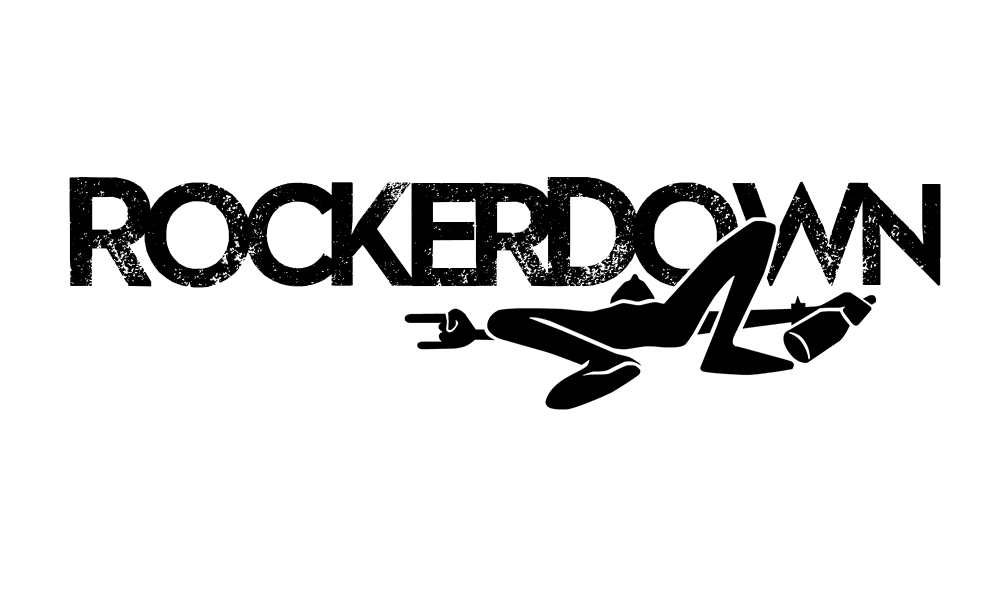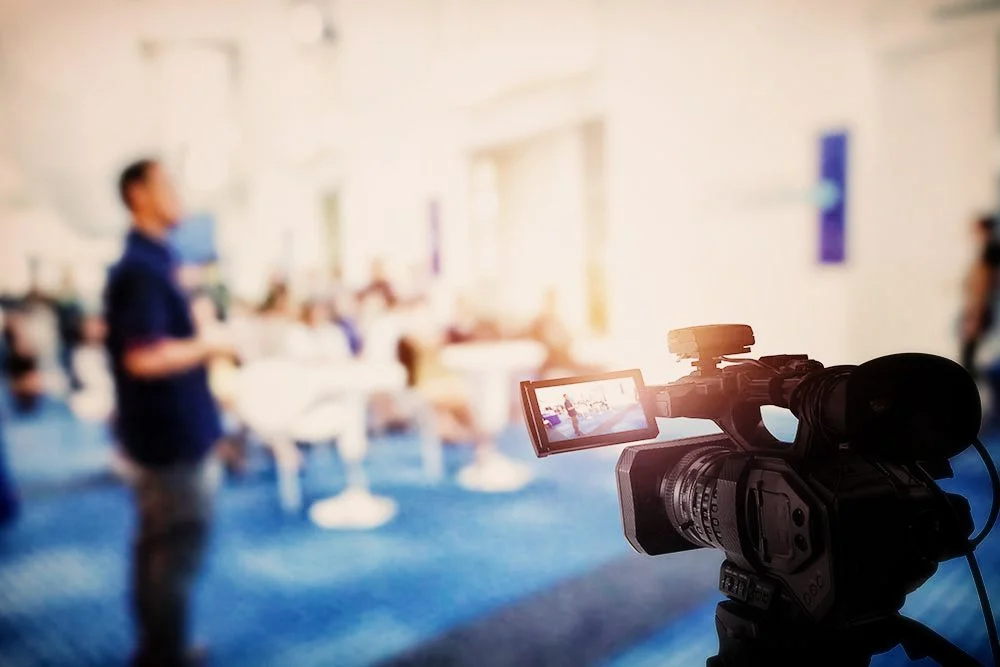5 Examples of How Live Streaming is More than Just Streaming
Everybody Streams. Big Deal.
We can all do it
But should we do it alone?
Live Streaming is the now of content distribution. It wasn't long ago that the keys to the kingdom of live streams rested on the shoulders of the long-haired, techie-creative types that litter the "behind-the-black-curtains" of event and video productions. But, with small social startups like Periscope, the ability to stream at a moments notice on any smart device hit the masses. Your grandmother can now live stream the secret family recipe as it's being created to the rest of the family (and the world) coast to coast, and country to country.
As with any great technology, the more it's used, the lower it costs, and that is hitting event production companies the hardest. And, in my view, cost is being impacted for sometimes justifiable, and sometimes unjustifiable ways. In a world where the act of streaming is now as simple as clicking a button, how do companies differentiate their services?
Before we get there, let me say that I am not defending a higher price tag for streaming production services. Truth be told, costs for professional companies to access streaming services have come way down, and so, RockerDown Studios have lowered our prices to reflect that. This article is more to address the perception that anyone without experience can flip a switch and stream great content. It's still not that simple.
At RockerDown Studios we see this quite a bit. We are approached to provide a live streaming service for a corporate event, and lately, the project manager will sometimes balk at the cost.
What is important to remember about professional streaming are these 5 valuable nuances.
- Presentation
- Competency
- Courage Under Fire
- Failsafe
- Experience
Presentation
The presentation of a live-streamed event, meeting, educational opportunity, or marketing message is important. While any "Joe" or "Jane" with a camera and an internet connection can start streaming, if this is a professional event, there are many other considerations. What other media is necessary to drive the core message? How do we adhere to the brand in the format? How do we maintain visual and content-based integrity to the brand, overall message, and intended outcome of the streamed content?
While you may not have previously thought of those masters of event media as experts in any of those areas, a truly valuable company will approach any stream with the competence to address all of those, and more, proactively. As far as consultants go, you really do want someone with experience to help guide you.
Competency
While a formal definition of competence largely refers to an ability to execute well, it also indicates an ability to do more than just the basics. For example, seamlessly transitioning between camera views during a live streamed event takes more than the right gear and software that allows you to do the switching.
Without getting too technical here, there are considerations that include maintaining consistency in how to transition, and what type of transition, and duration of transition to use in each circumstance. Transitions... and their consistency become an invisible expectation to the viewer.... they don't notice it until it's different. Imagine a star wars movie that did not begin with a view of space and large spaceship flying above, below, or nearby. While you may never have thought about that before, now that I've called it out, if you've seen more than one star wars movie you know exactly what I'm talking about, and it would likely be jarring to not see it in the next movie.
These decisions come with a need to be able to communicate to the folks manning the cameras (gear); they come with an innate knowledge of how to plan for the unexpected too. Because, as anyone who's ever done a live event knows, something ALWAYS goes differently than planned. Which brings us to:
Courage Under Fire
I've never seen a more quick-thinking category of human than a live event production person. Because of these quick minds, their deep understanding of technology, and, quite frankly, an "it's gonna get done no matter what" attitude, I've never been part of or witness to an event that spiraled into disaster.
For sure, events may have come out differently than planned in minor ways, but they always get done.
What would you do if:
- The connection to the stream went down mid-event?
- The remote audience was experiencing poor connectivity?
- The local presentation went down?
- Confidence monitors went on the fritz?
- etc...
These "Boy Scouts" know, are prepared, and have backups of backups as part of their process. They have a Failsafe for each circumstance.
Failsafe
This is a fun one as it's as true as true can be.. and a little humorous, if off-color a bit.
Every event person worth their salt has an OSK (definition on the way). Within this OSK are many items, which, at the best events, never get taken out. The OSK simply sits in a corner unloved an unneeded.
But, when they are needed... The "Oh Shit Kit" (OSK, Trademark pending) is brought out and that replacement cable, that connector, that adapter that goes from HDMI to 50 other types of video connectors is brought out, and saves the day.
And yet, what most may not think about is, what about when a camera goes bad? Those are pricey... who has backups of those? Professionals do, that's who. Not only that, but they have the calm and courage under fire, to make the switch of core-critical gear, without the remote audience ever figuring it out.
Did you know that professionals, even when using Youtube for streaming, are streaming to two locations at the same time? That way if one stream goes down, it is auto-switched to another stream without the remote audience knowing? That's a failsafe.
Experience
None of those brief examples really indicate the level of experience one must have in order to execute well, but allow me to assure you that the knowledge these folks have about technology and equipment CAN be learned. But it's that tacit, experiential knowledge that you can't put a true value on. Simply put, that experience, while invisible to the client, is what saves every live event. If you're the one responsible for the events, you may never know the specifics of how they saved your event, but because I know every event has hiccups, I can assure you, they made you look good for hiring them because nothing bad happened.

